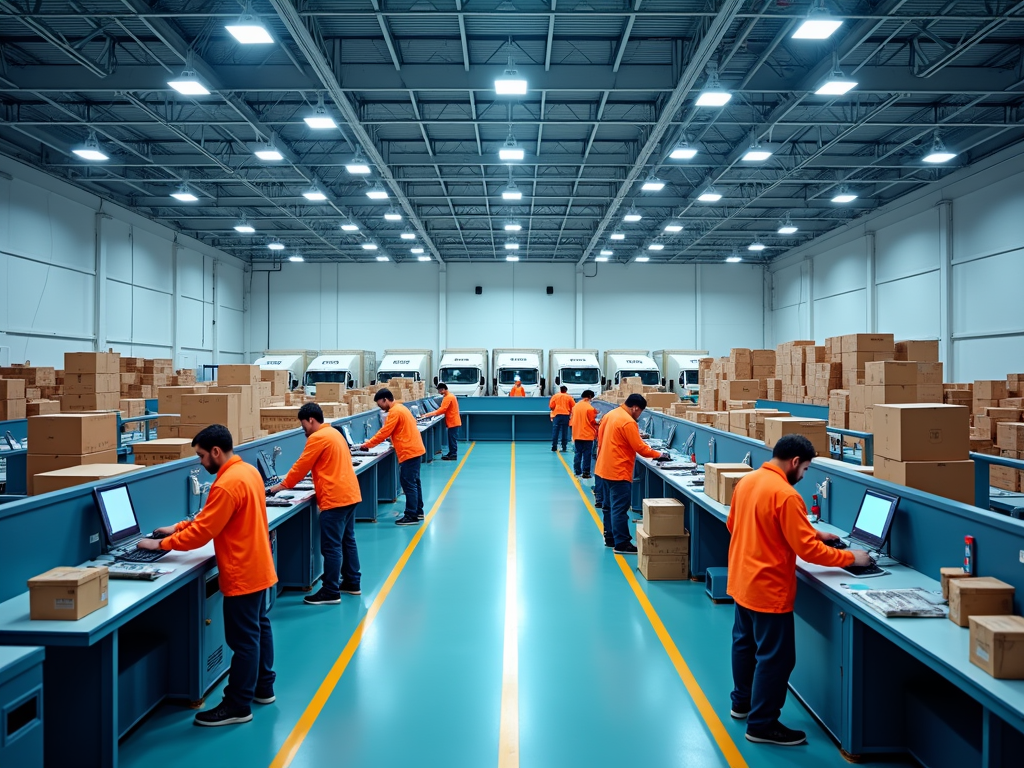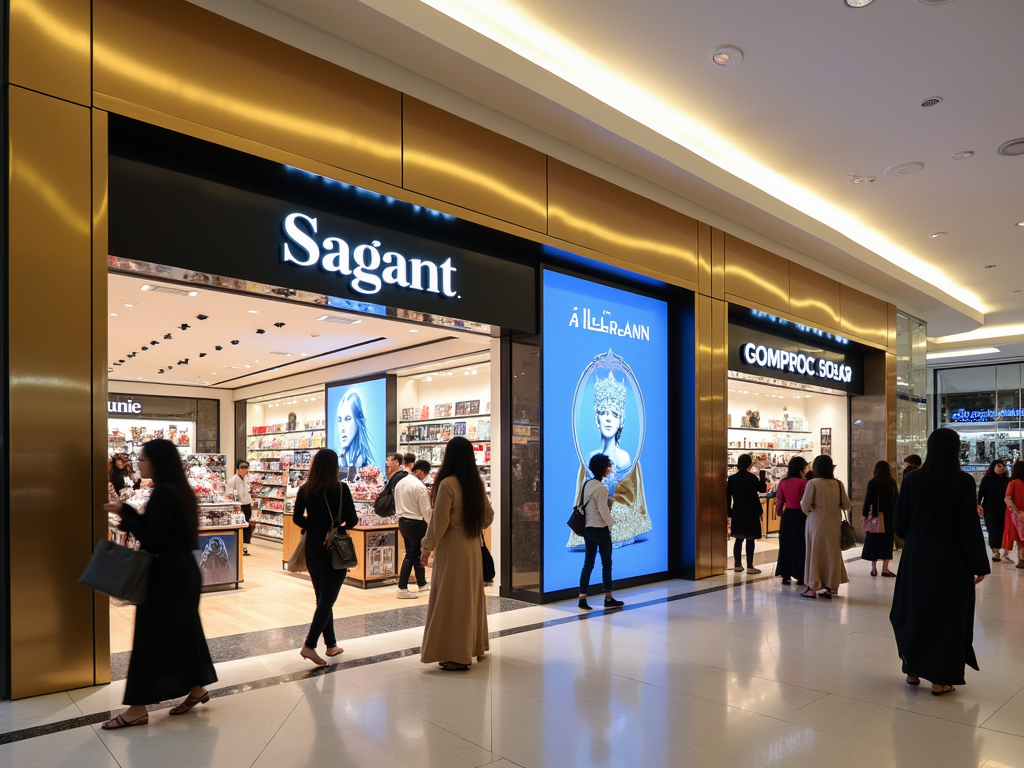Dubai is rapidly emerging as a central hub for supply chain and logistics technology solutions, thanks to its strategic geographic location, robust infrastructure, and government initiatives aimed at transforming the logistics landscape. Businesses, both local and international, are finding diverse opportunities in the sector, driven by innovations such as AI, IoT, and blockchain technologies. As a result, companies can enhance operational efficiency, improve customer satisfaction, and navigate the challenges posed by modern supply chains. This article explores key opportunities in Dubai’s dynamic supply chain and logistics technology market, focusing on e-commerce growth, smart logistics, and advancements in supply chain visibility.
The Growth of E-Commerce

The remarkable growth of e-commerce in Dubai has opened new avenues for supply chain and logistics innovations. The demand for fast, reliable, and efficient delivery systems has increased exponentially, presenting opportunities for startups and established companies alike. Businesses are investing heavily in technologies that streamline operations and enhance customer experiences. The following are key areas where opportunities are flourishing:
- Last-Mile Delivery Solutions: Innovative delivery models, including drone deliveries and autonomous vehicles, are becoming central to e-commerce logistics.
- Inventory Management Systems: Solutions that optimize stock levels and improve warehouse management processes are in high demand.
- Return Management Technologies: Enhanced systems for processing returns are essential for maintaining customer satisfaction in e-commerce.
Smart Logistics Initiatives

Dubai is at the forefront of adopting smart logistics initiatives, which utilize advanced technologies to create more efficient supply chain networks. This approach not only reduces costs but also minimizes environmental impact. The Emirate’s focus on becoming a smart city has paved the way for opportunities in areas such as:
- IoT Implementations: Companies can leverage IoT devices to monitor shipments in real-time, improving traceability and security.
- Blockchain for Transparency: The use of blockchain can enhance supply chain visibility, ensuring data integrity and reducing fraud.
- AI and Predictive Analytics: Businesses can adopt AI tools to forecast demand, optimize routes, and manage inventory levels more effectively.
As sustainability becomes a priority for consumers and governments alike, Dubai’s logistics sector is also responding with greener practices. Opportunities abound in developing sustainable supply chain strategies that align with global standards. Businesses can utilize various methods to enhance their sustainability efforts:
- Eco-Friendly Packaging: Reducing plastic usage and adopting biodegradable materials presents an opportunity for innovation.
- Green Transportation: Investing in electric and hybrid vehicles for logistics operations helps in decreasing carbon emissions.
- Waste Reduction Programs: Companies can implement strategies to minimize waste at every stage of their supply chain.
Technological Integration
Embracing technological integration is essential for businesses looking to thrive in Dubai’s competitive logistics landscape. Companies that implement advanced systems not only streamline operations but also enhance customer satisfaction. Key technologies driving this transformation include:
- Warehouse Automation: Robotics and automated systems are becoming essential for increasing efficiency and reducing labor costs.
- Transport Management Systems (TMS): A robust TMS can enhance route planning, shipment tracking, and carrier management.
- Data Analytics: Utilizing big data helps businesses in decision-making and forecasting market trends more accurately.
Government Initiatives and Regulations
The Dubai government’s commitment to establishing the emirate as a leading global trade hub presents an array of opportunities in the logistics sector. Various initiatives and regulations are designed to support innovation and ease the business climate, providing a conducive environment for growth. Some noteworthy aspects include:
- Investments in Infrastructure: The government is continuously investing in developing world-class logistics facilities and transportation networks.
- Free Zones: Setting up operations in Dubai’s free zones allows businesses to enjoy tax exemptions and full ownership.
- Regulatory Frameworks: Streamlined regulations foster a smoother environment for businesses engaging in supply chain activities.
Conclusion
As Dubai continues to evolve as a central hub for supply chain and logistics technology solutions, the opportunities available are vast and diverse. With the growing influence of e-commerce, smart logistics initiatives, and a supportive government framework, businesses can achieve enhanced operational efficiencies and sustainability goals. Organizations that strategically leverage technology advancements while keeping customer satisfaction at the forefront will thrive in this dynamic sector. The future is bright for supply chain and logistics technology in Dubai, paving the way for innovation and growth.
FAQ
1. What is driving the growth of logistics technology in Dubai?
The growth is primarily driven by the rise in e-commerce, advancements in technology, and government initiatives aimed at improving infrastructure and regulations.
2. How is sustainability impacting supply chain operations in Dubai?
Sustainability impacts supply chains by encouraging eco-friendly practices, waste reduction, and the adoption of green transportation methods.
3. What technologies are essential for modern supply chain management?
Key technologies include IoT, AI, blockchain, warehouse automation, and data analytics, each enhancing efficiency and transparency in operations.
4. What role does the government play in logistics innovation?
The Dubai government facilitates logistics innovation through investments in infrastructure, establishing free zones, and creating favorable regulatory frameworks.
5. Where can businesses find opportunities within Dubai’s logistics sector?
Businesses can explore opportunities in e-commerce logistics, smart logistics initiatives, sustainable practices, and technological integration within supply chain operations.



